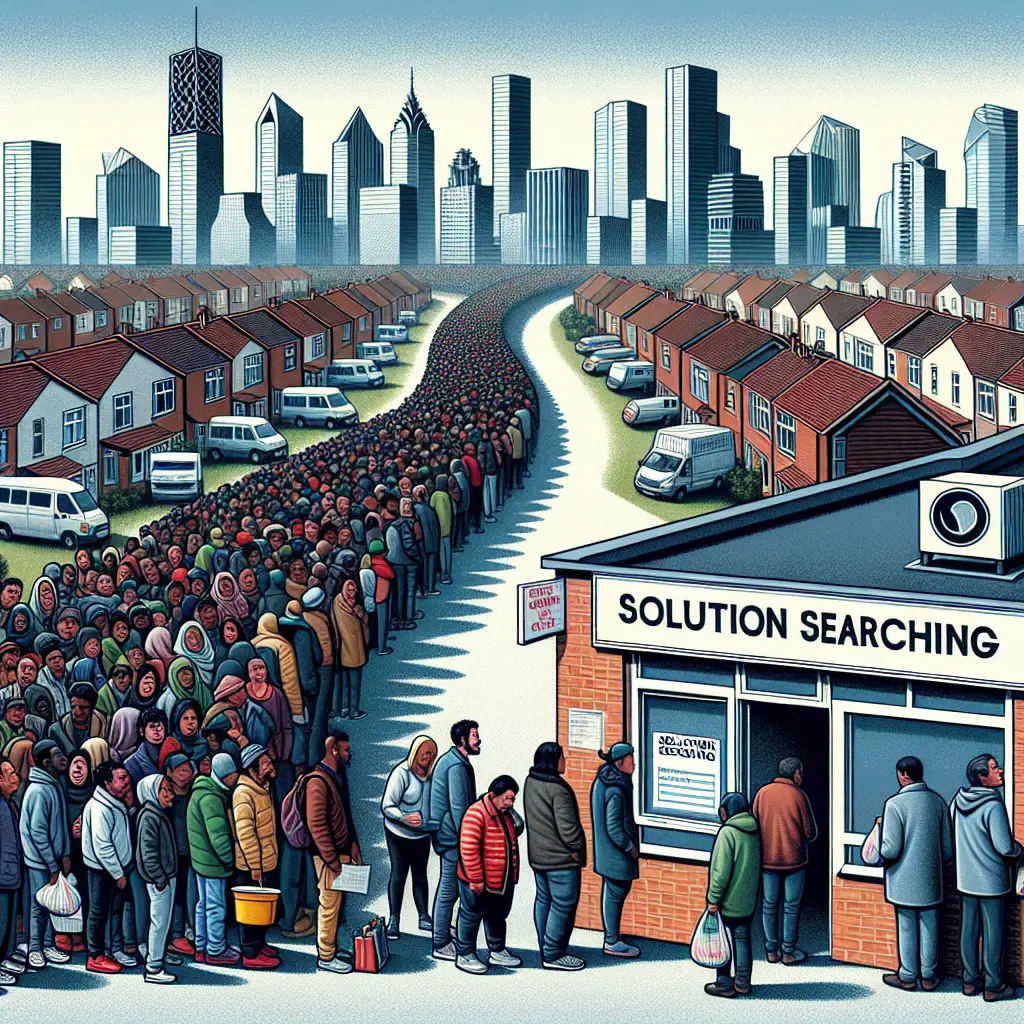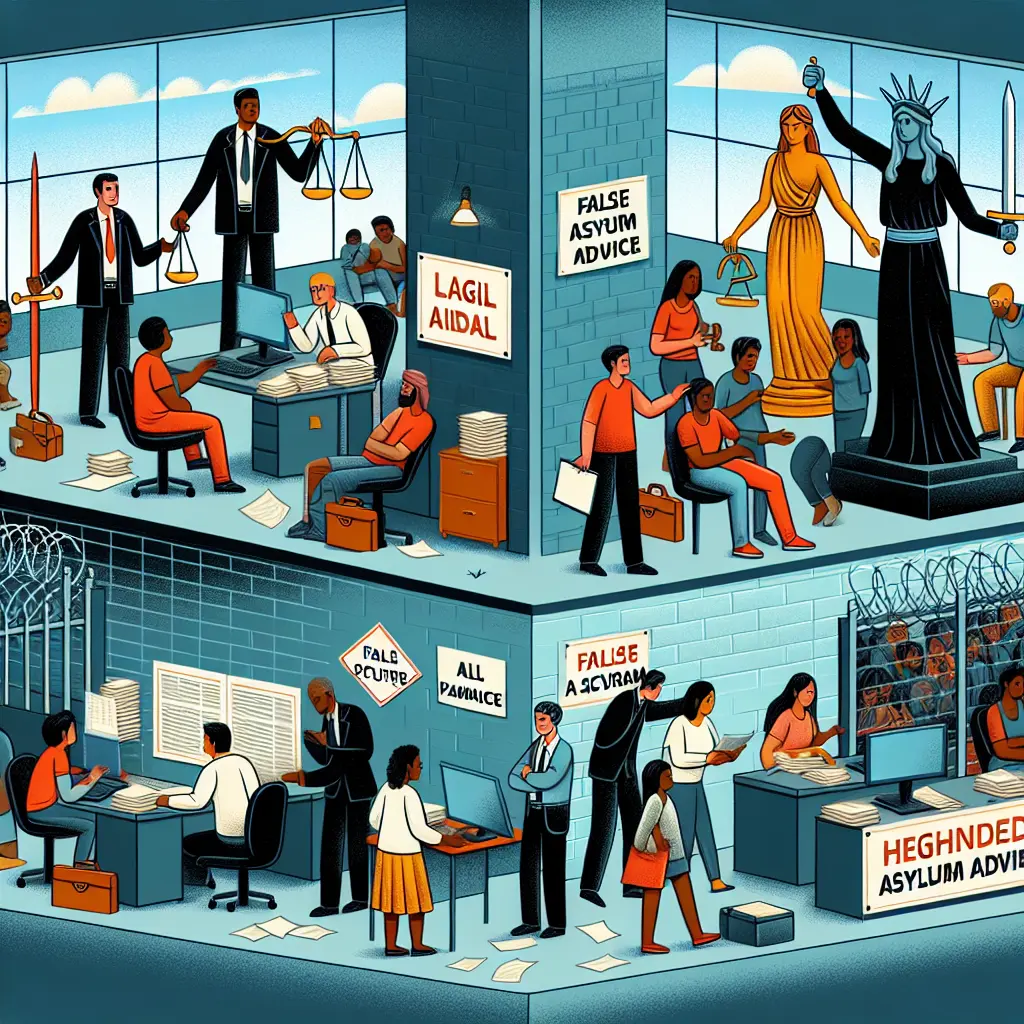Debates around UK immigration and housing often spark heated conversations, but it's crucial to look beyond surface-level assumptions to understand the true dynamics at play.
In recent years, many have suggested that immigration is a primary driver of the UK's housing crisis. The logic seems straightforward: more people moving to the country means increased demand for homes, putting further strain on already limited housing supply. However, a closer examination reveals that this narrative oversimplifies the issue and overlooks some vital realities—most notably, that immigrants themselves are often among the hardest hit by housing shortages.
Immigrants: Victims, Not Villains, in the Housing Crisis
Contrary to popular belief, immigrants in the UK are not the root cause of the housing crisis. In fact, they are disproportionately affected by the challenges of finding affordable and secure accommodation. Several key points highlight this reality:
Greater Housing Insecurity: Immigrants are more likely than UK-born residents to experience overcrowded living conditions, temporary accommodation, and even homelessness.
Lower Access to Home Ownership: Many newcomers struggle to enter the property market due to financial barriers, lack of credit history, and employment precarity.
Policy and Market Failures: The housing crisis is primarily driven by systemic issues—insufficient new builds, rising rents, and policy decisions—not by immigration numbers alone.
The Real Factors Behind the Housing Crisis
Blaming immigrants for housing shortages distracts from the deeper causes that affect everyone in the UK. Some of these factors include:
Understanding the True Causes of the UK Housing Crisis
Underinvestment in housing supply over several decades has left new social and affordable homes in short supply for all residents. Additionally, a combination of low interest rates, investor activity, and restrictive planning regulations have sent property prices soaring, making homeownership unattainable for many people. The rental market is also under severe pressure: rising rents and a shortage of quality rental properties mean both immigrants and long-term residents are competing for fewer options.
It is also essential to recognize that policy solutions—not reductions in immigration—are needed to address these systemic issues. Reforming rental regulations, increasing investment in affordable housing projects, and supporting vulnerable tenants are all critical steps toward a fairer housing system.
Why Immigration is Essential—and Misunderstood
Immigration brings significant benefits to the UK. New arrivals contribute skills, fill essential job vacancies, and enrich cultural life. Rather than being a burden on resources, immigrants often bolster the economy and public services.
It's important to challenge the myth that reducing immigration is a silver bullet for housing problems. Evidence consistently shows that immigrants are not "taking" homes from UK-born residents; they are more likely to live in substandard or precarious housing; and policy solutions should focus on increasing supply and affordability for all.
Building a Fairer Housing System for Everyone
Addressing the UK housing crisis requires targeted policies and collective action—not scapegoating immigrant communities. Effective approaches include investing in new affordable housing projects, reforming rental regulations to protect vulnerable tenants, and supporting pathways for all residents, regardless of origin, to access secure homes.
For those interested in a deeper dive into this subject, you can read more about this perspective in the original article.
Thank you for joining me as we unpack the complex relationship between UK immigration and housing. By focusing on facts rather than fear, we can build a fairer, more welcoming society where everyone has the opportunity to thrive—no matter where they come from.










Leave a Comment